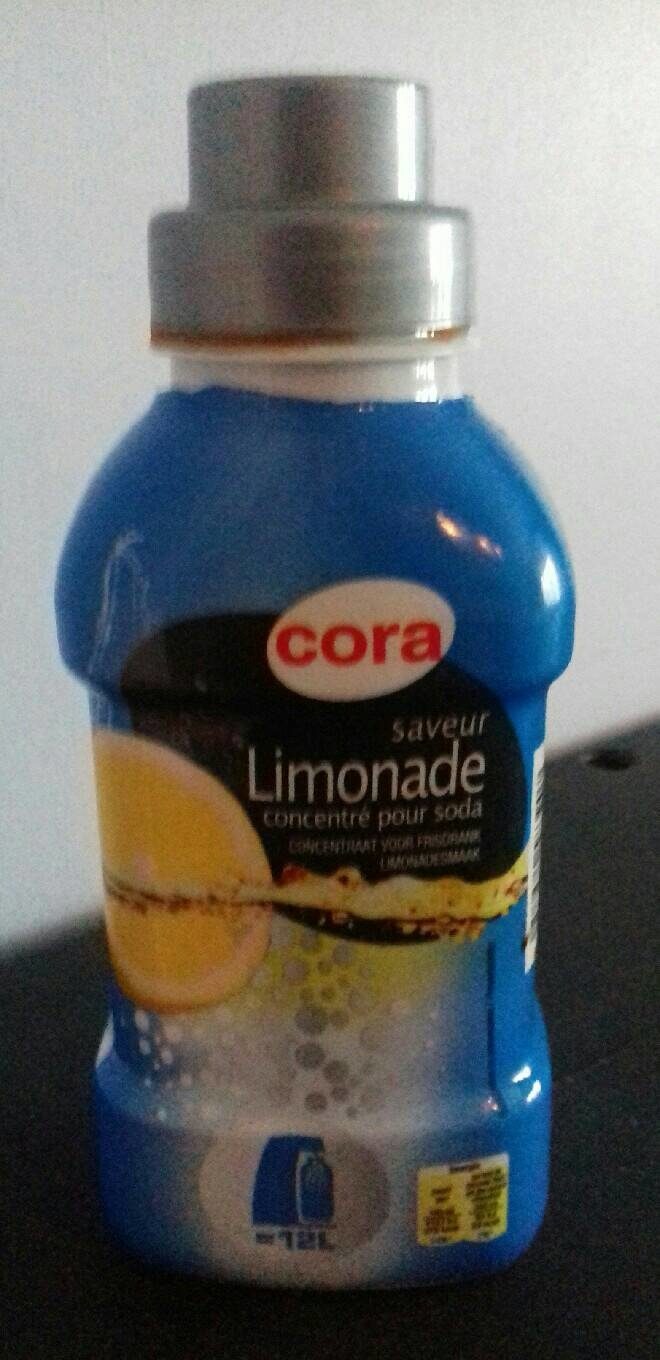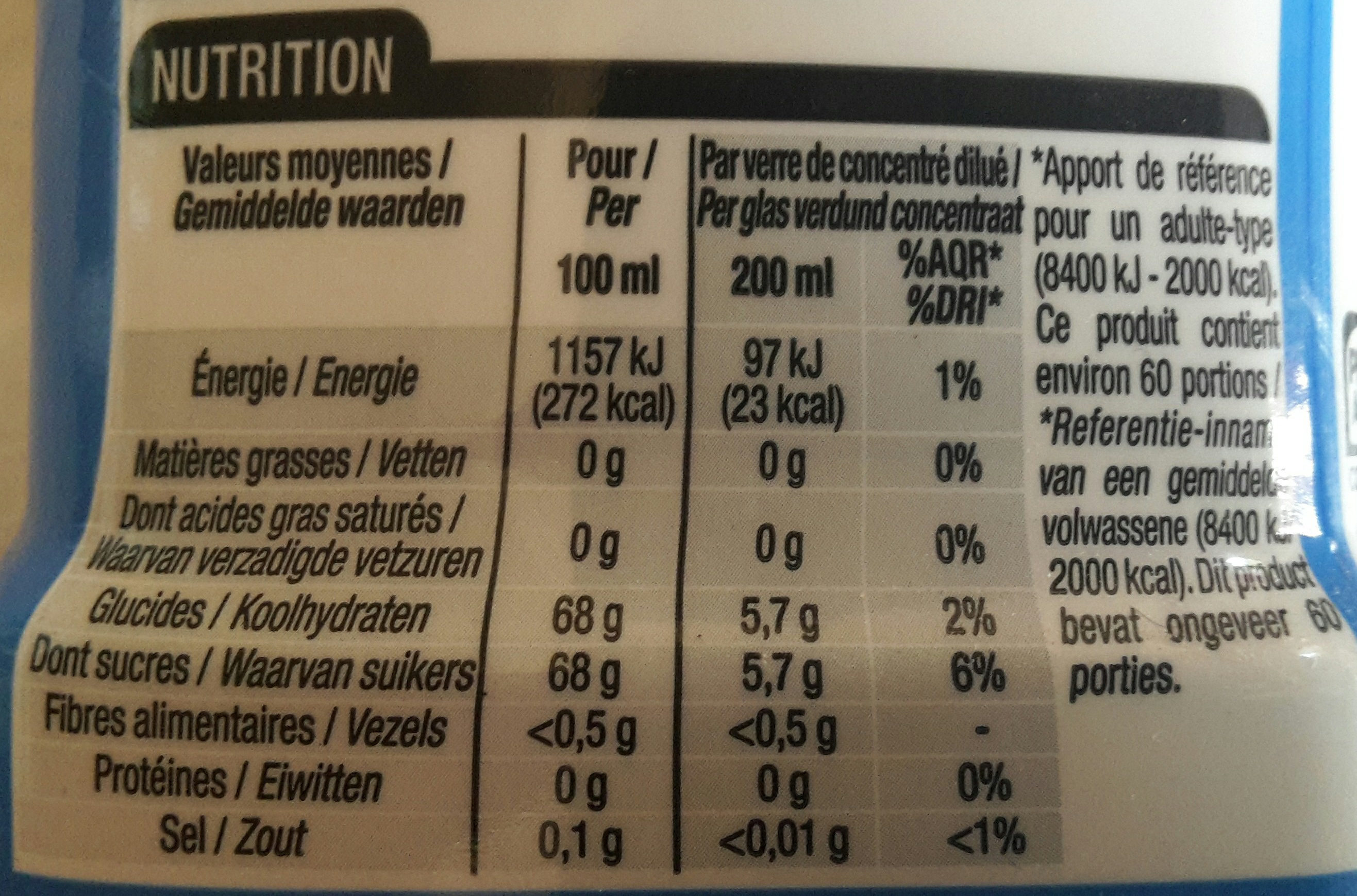Boisson concentré pour soda saveur limonade - Cora
This product page is not complete. You can help to complete it by editing it and adding more data from the photos we have, or by taking more photos using the app for Android or iPhone/iPad. Thank you!
×
Barcode: 3257984583907 (EAN / EAN-13)
Brands: Cora
Categories: Beverages, Syrups, Artificially sweetened beverages, Flavoured syrups, Lemon base for beverage without sugar to be diluted, Sweetened beverages, Syrup with sugar to be diluted
Stores: Cora
Countries where sold: France
Matching with your preferences
Environment
Carbon footprint
Packaging
Transportation
Report a problem
Data sources
Product added on by kiliweb
Last edit of product page on by gmlaa.
Product page also edited by fc, openfoodfacts-contributors, quechoisir, teolemon, yuka.WS9zZk1ic0RyK016cGMwVHBCbU41LzVXbmFXRVlrMnJLL1l5SVE9PQ.
If the data is incomplete or incorrect, you can complete or correct it by editing this page.








